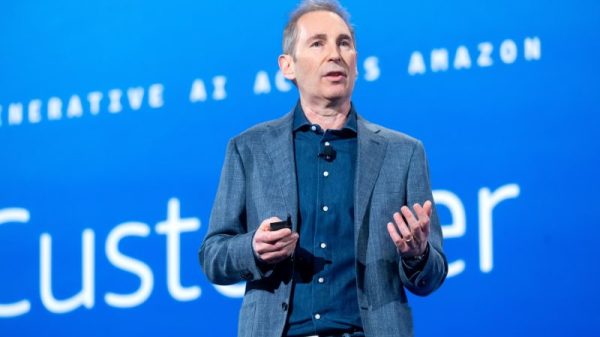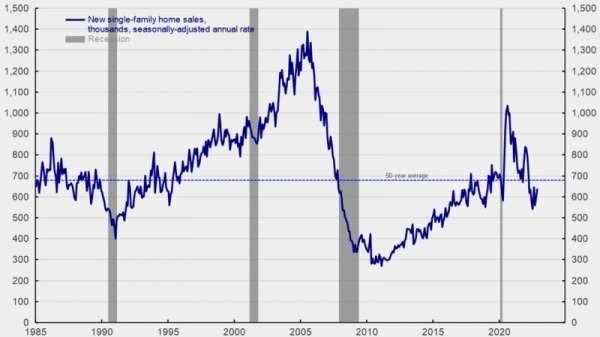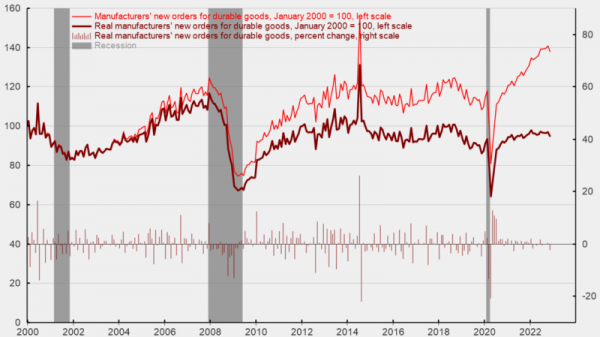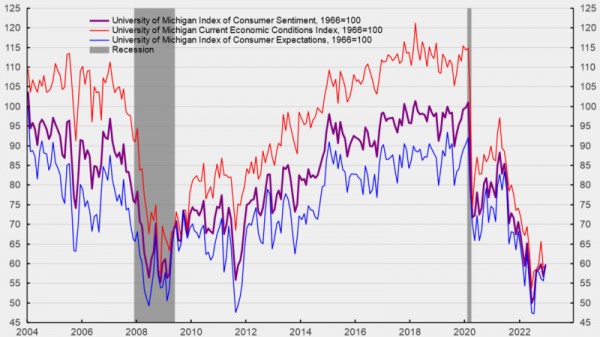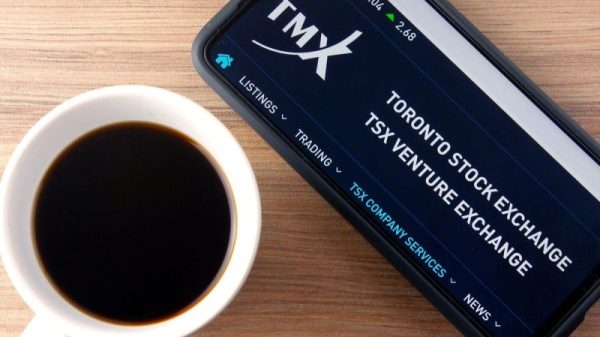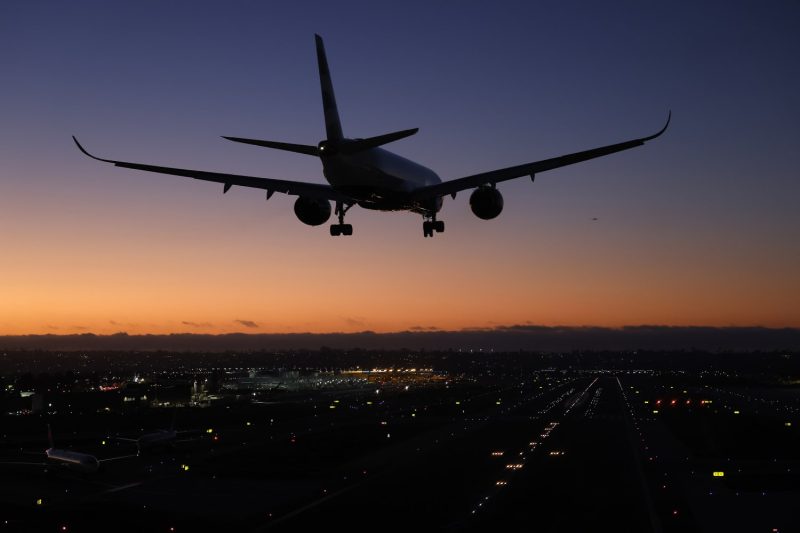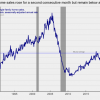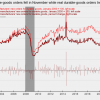Airbus could prioritize deliveries to its non-U.S. customers if tariffs disrupt the European plane maker’s imports stateside, CEO Guillaume Faury said Thursday.
“We have a large demand from the rest of the world, so [if] we face very significant difficulties to deliver to the U.S., we can also adapt by bringing forward deliveries to other customers which are very eager to get planes,” Faury told CNBC’s Charlotte Reed, in an interview discussing the company’s full-year results.
“Those tariffs are looming, and we don’t know what they will be, [and], if and when we would have tariffs come in, what they would impact. So we stand ready to adapt accordingly,” Faury said, referring to U.S. President Donald Trump’s wide-ranging tariff threats which have already been ramped up against China.
Faury nevertheless stressed that Airbus had made moves in recent years to not only buy more from the U.S. and sell a significant number of aircraft and helicopters in the U.S., but also to base part of its production locally.
That includes a large output site in Mobile, Alabama, with two final assembly lines for the company’s A220 and A320 family jets, with another U.S. line under construction to build A320 and A321s for the domestic market.
A host of large U.S. carriers are Airbus customers, including American Airlines, Delta, United and JetBlue.
“So we have a lot of potential flexibilities,” Faury said regarding the potential imposition of duties, whose details remain uncertain.
“Bottom lime, we believe in this industry — that is very much a North Atlantic ecosystem with a lot of interdependencies — tariffs would hurt both sides. So I hope, I believe, we will not be significantly impacted by tariffs,” Faury said.
The European plane maker’s target for around 820 aircraft deliveries in 2025 was issued “in spite of those uncertainties, to clarify what we think we can deliver this year absent tariffs,” Faury said.
Airbus, meanwhile, remains stymied by a host of supply chain issues which are limiting its ability to ramp up production and work through its order backlog of more than 8,000 jets, Faury told CNBC.
His comments come after the company earlier on Thursday reported a 6% rise in annual revenue, but an 8% fall in adjusted operating profit to 5.35 billion euros ($5.59 billion) across 2024.
Profit at the company’s defense and space unit swung to a loss of 656 million euros for the full year.
Faury told CNBC that space was the “area where we are suffering,” amid competition from players such as Elon Musk’s SpaceX and past investment in technologies that had proven difficult.
“We underestimated the risk compared to the reality,” Faury said, adding that the company was restructuring the unit and working to solve existing issues.
Despite challenges, Airbus’s annual results served to highlight its strength over its crisis-hit U.S. rival Boeing, which reported an annual loss of $11.83 billion for 2024.



